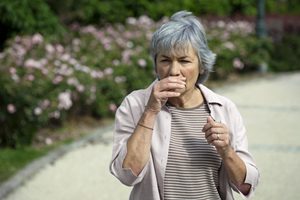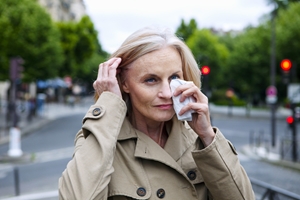
More than 50 million Americans suffer from allergies and roughly 20 percent from ragweed, the most common fall allergy in the states. Allergy season is difficult for everyone to go through, but it can be especially hard on seniors.
Many elderly people not only have to manage insufferable allergies, they also have to do so while dealing with other chronic diseases.
To make fall allergy season more bearable for seniors, heed this advice:
- Look for signs: Don't assume that a senior's coughing or watery or irritated eyes have something to do with another illness they have. If they begin to sneeze and cough or have a runny nose and itchy eyes, you should bring them to a doctor.
- Treat immediately: Allergies can be much more dangerous to seniors than they can for others. According to Christopher Randolph, M.D. and member of the American Academy of Allergy, Asthma and Immunology's Asthma & Allergic Diseases in the Elderly Committee, Allergies have a larger impact on the lives and health of the elderly, especially if they already have cardiovascular issues.
- Be careful with traditional antihistamines: Normal allergy medicines could be extremely dangerous to seniors, so don't just grab them off the counter at your local pharmacy. Talk to a doctor first and get his or her advice. Traditional antihistamines can cause confusion, drowsiness, urinary retention, dry mouth and eyes.
For more information on proper allergy management techniques and allergy control products, visit Allergy Be Gone today.









